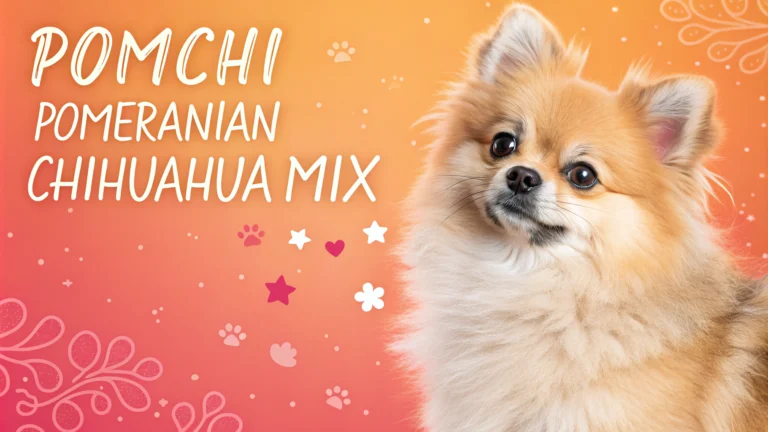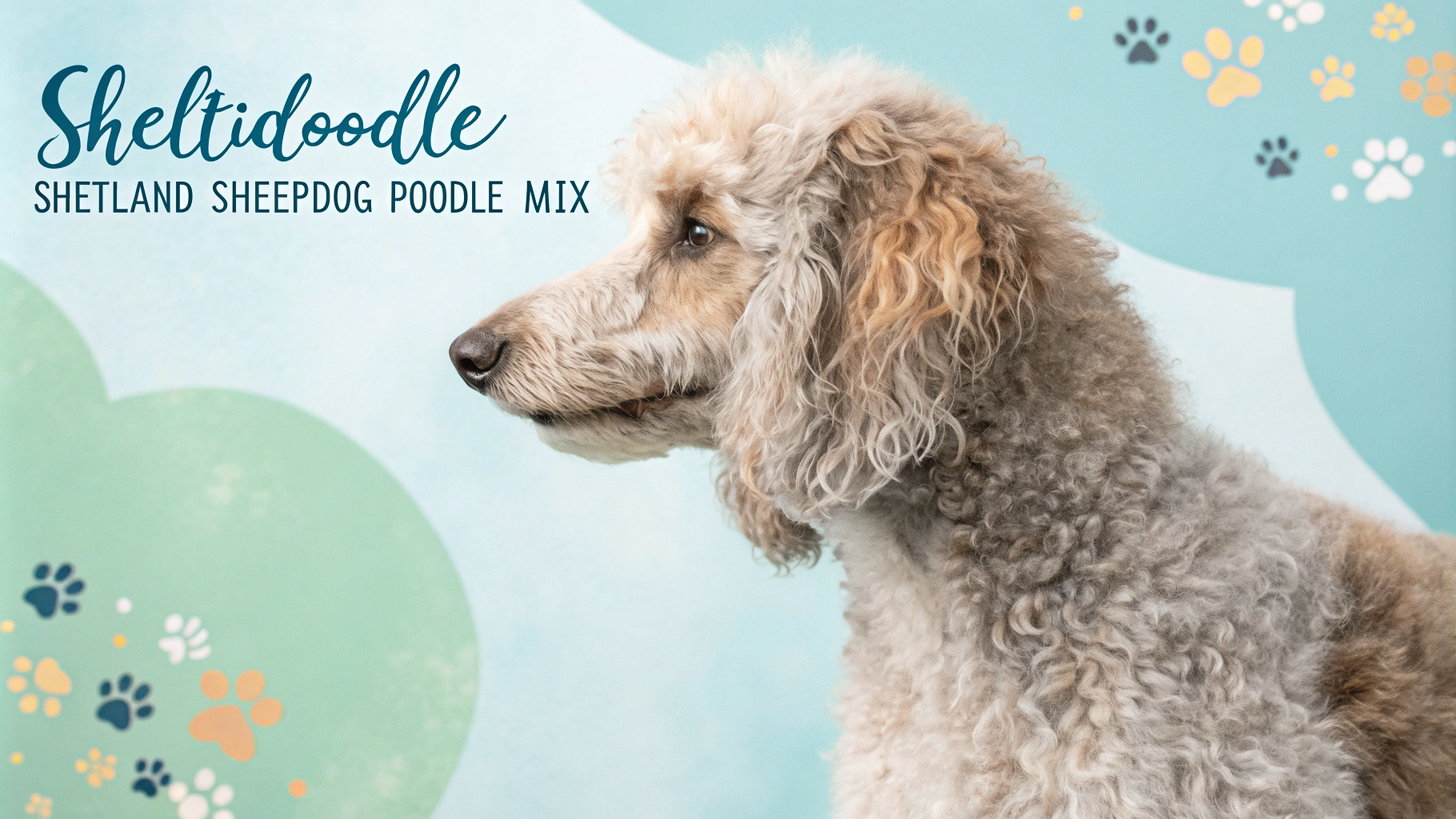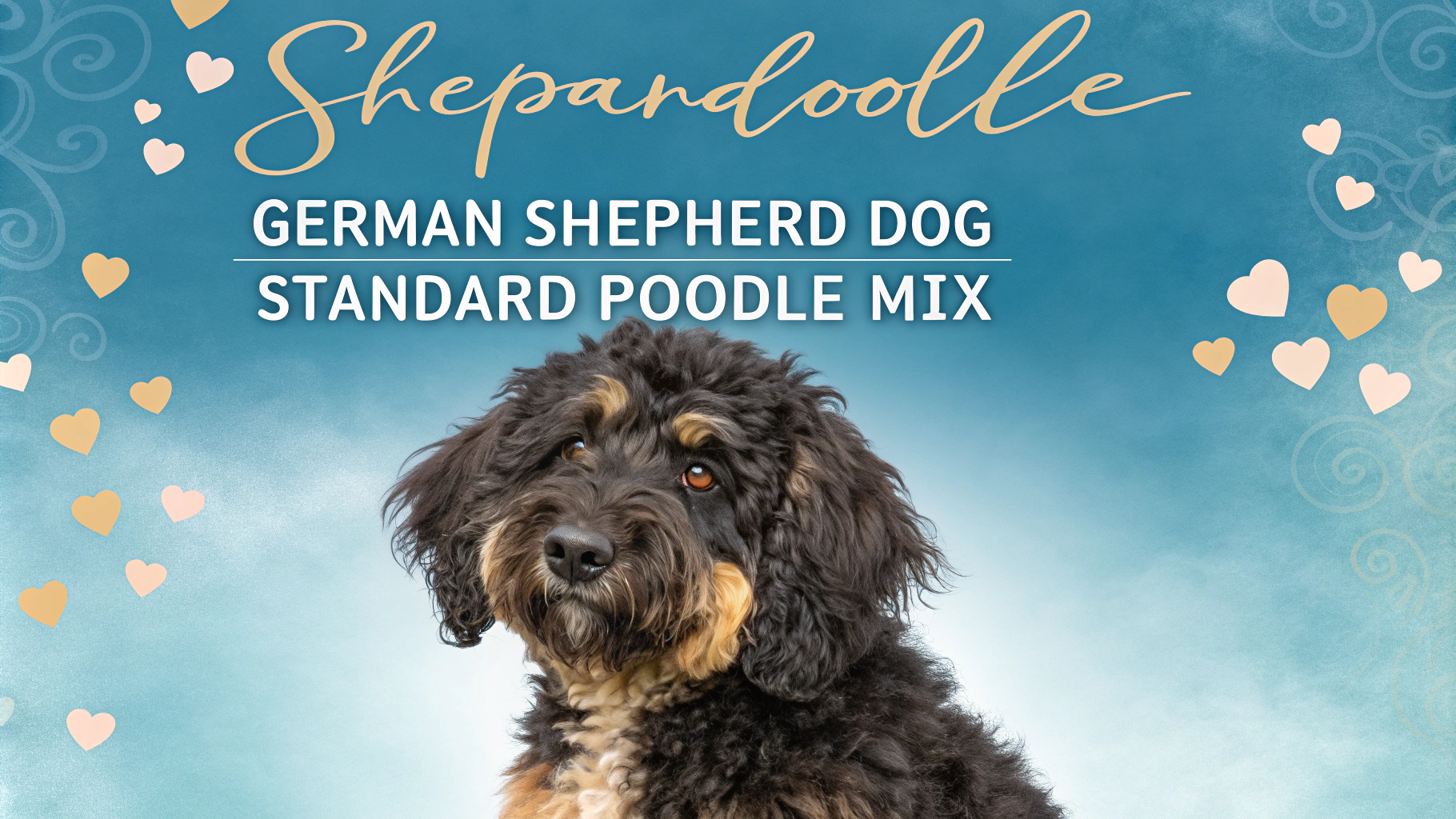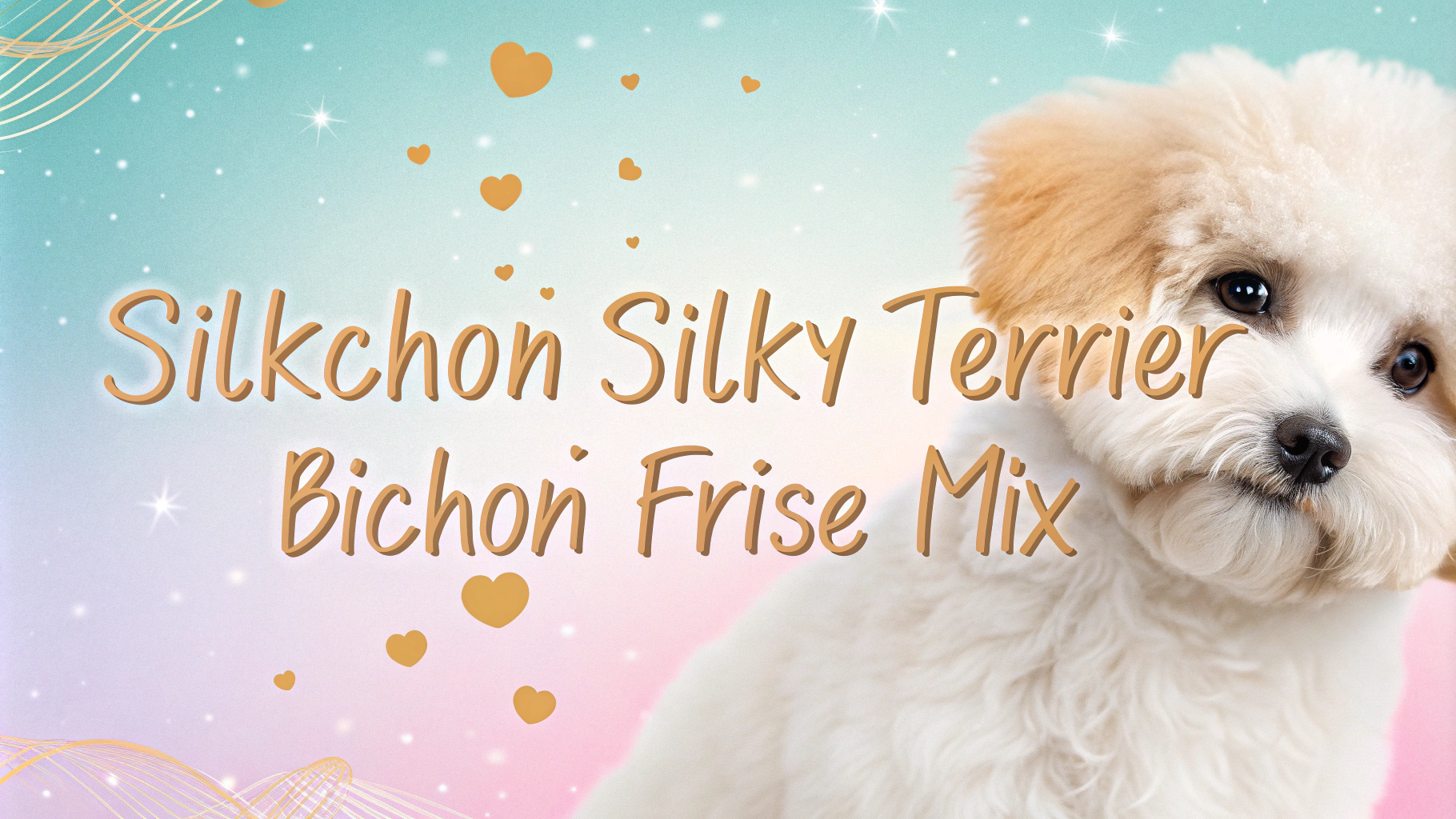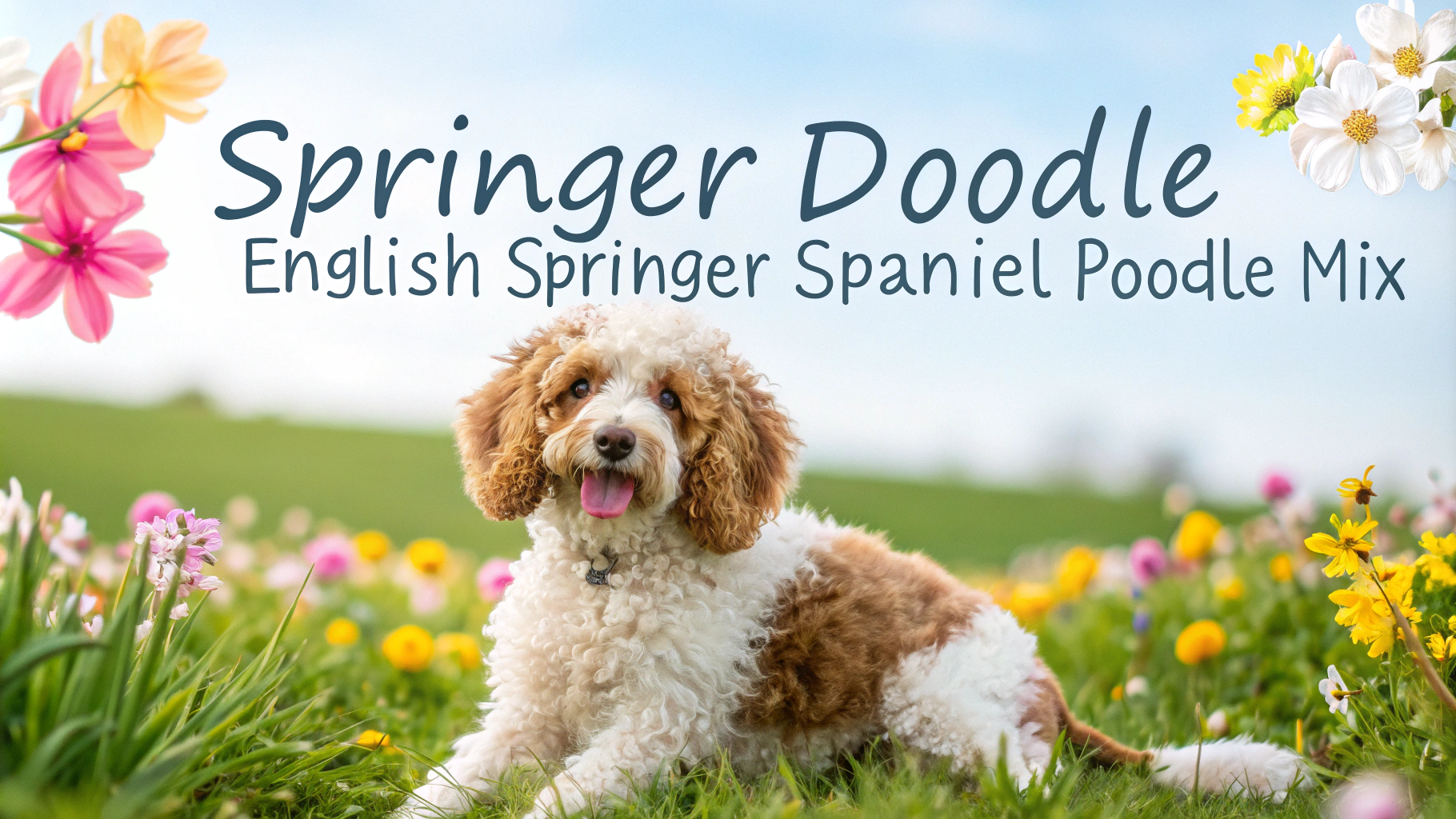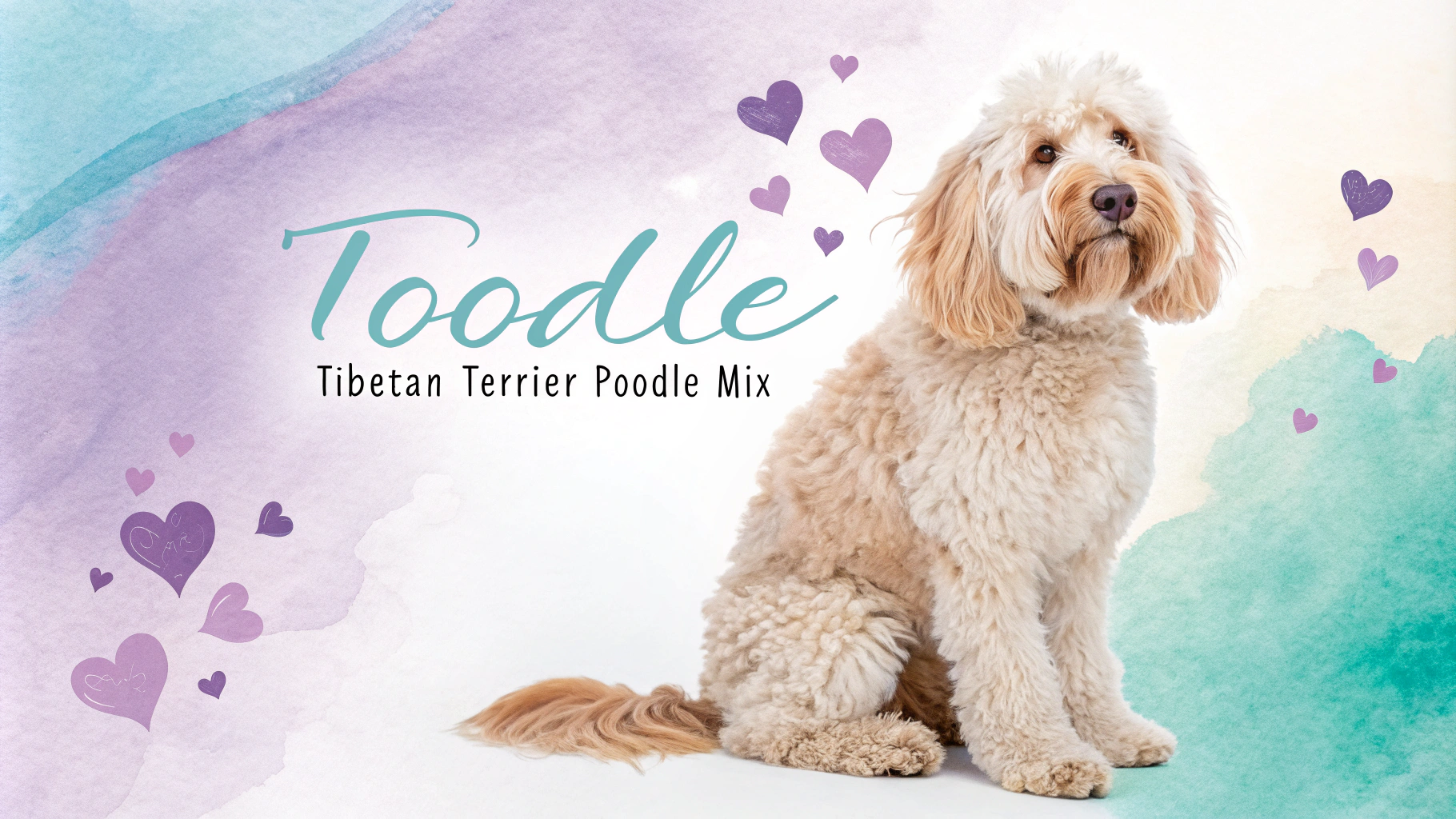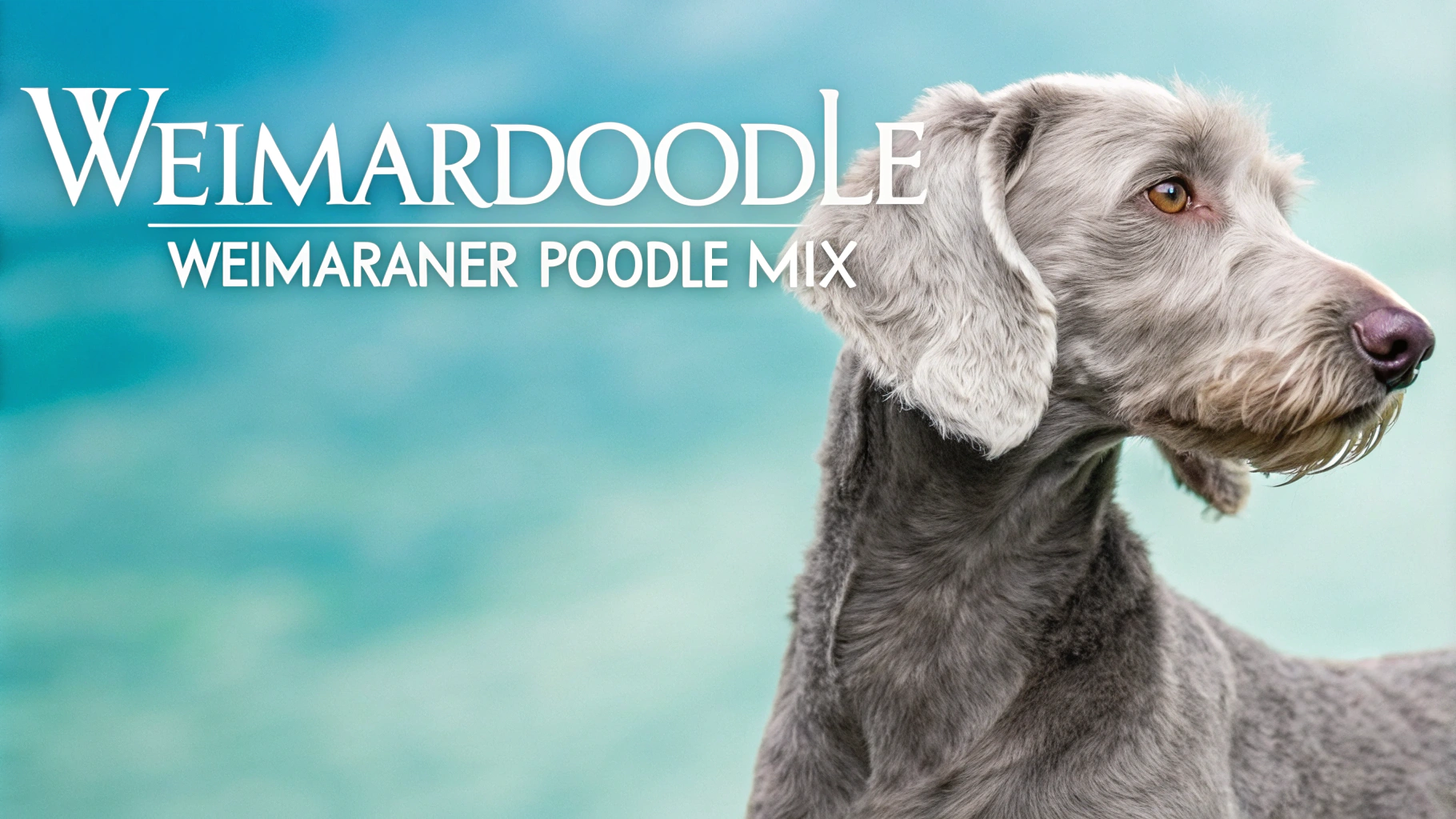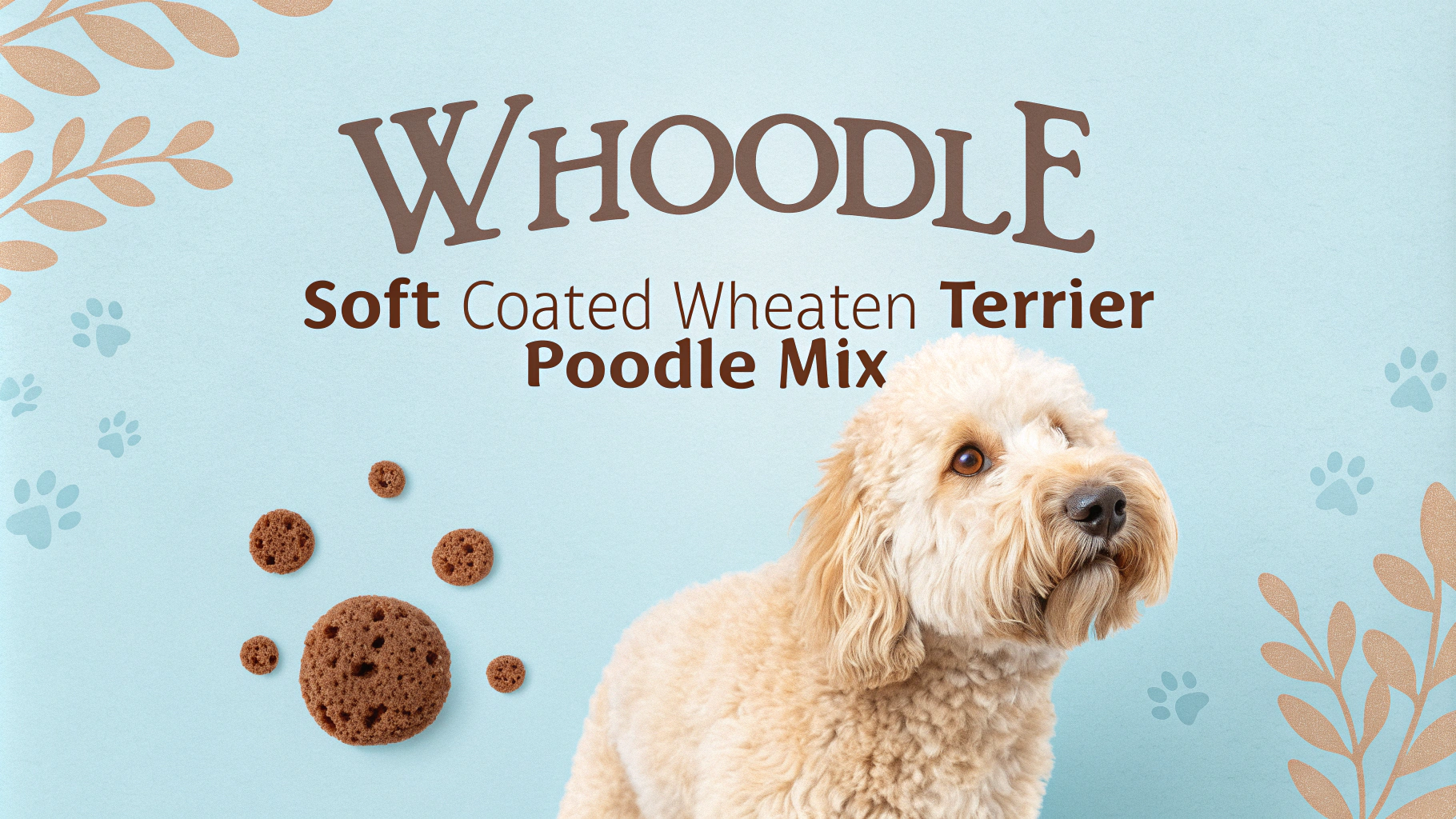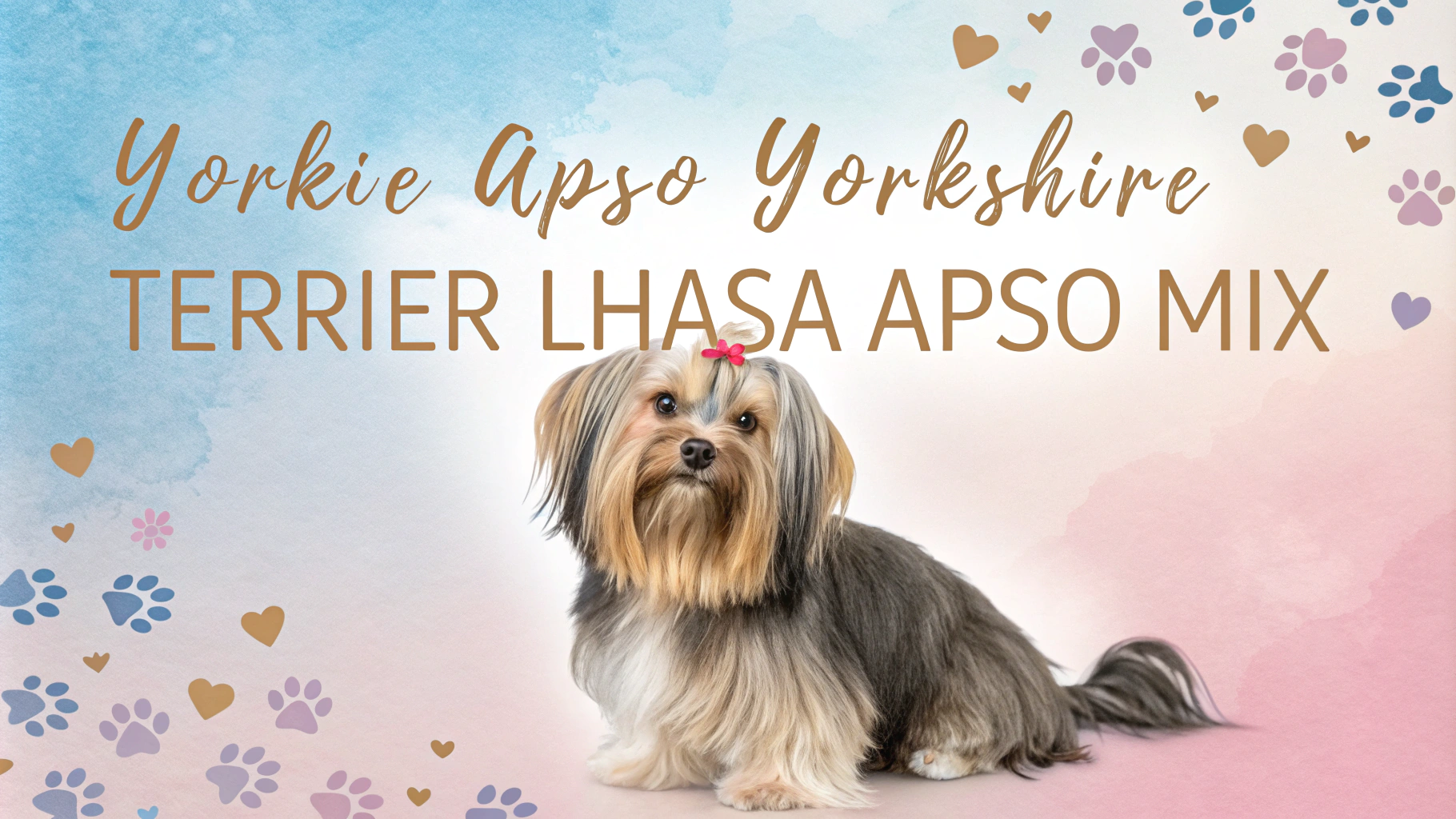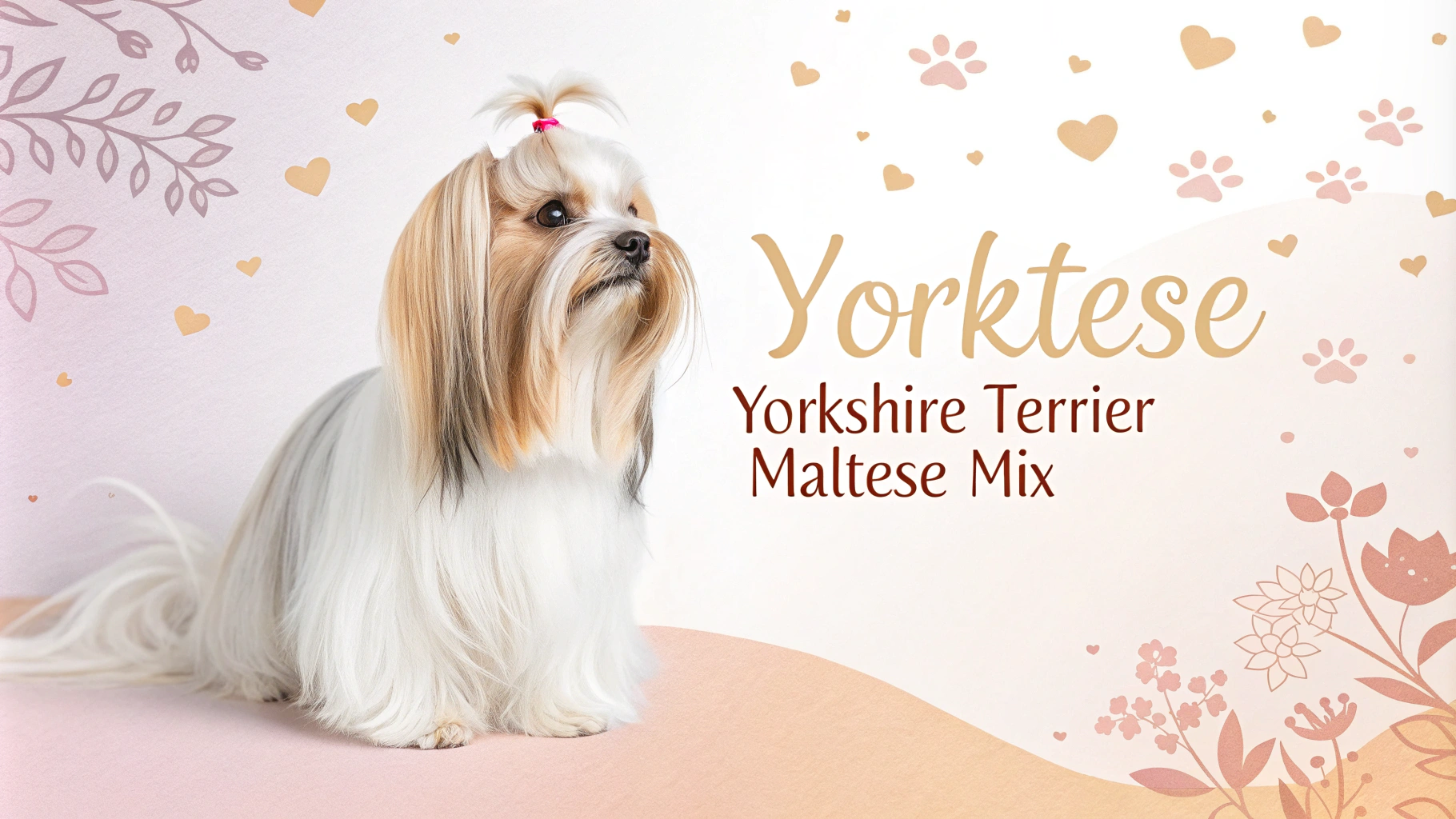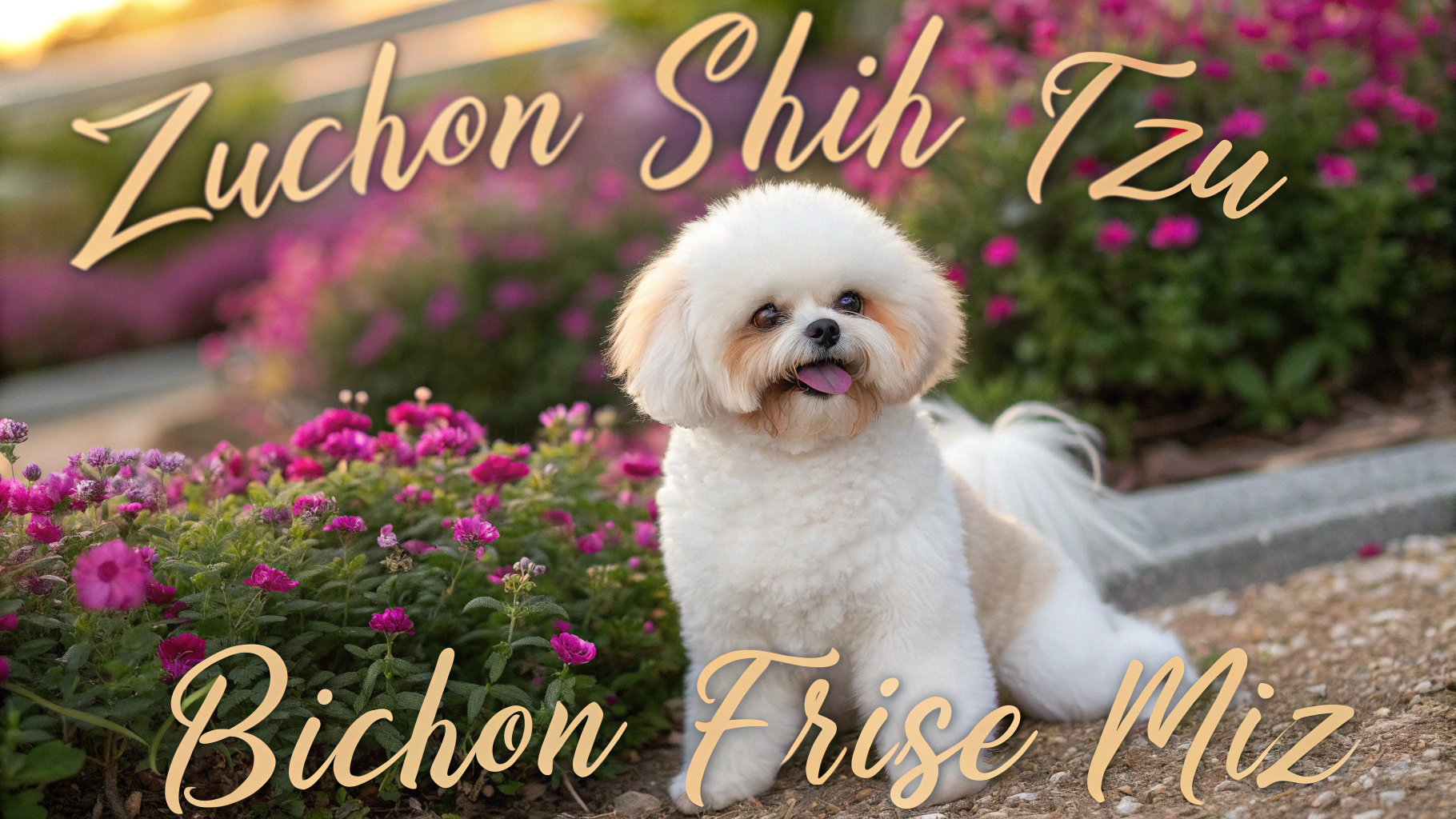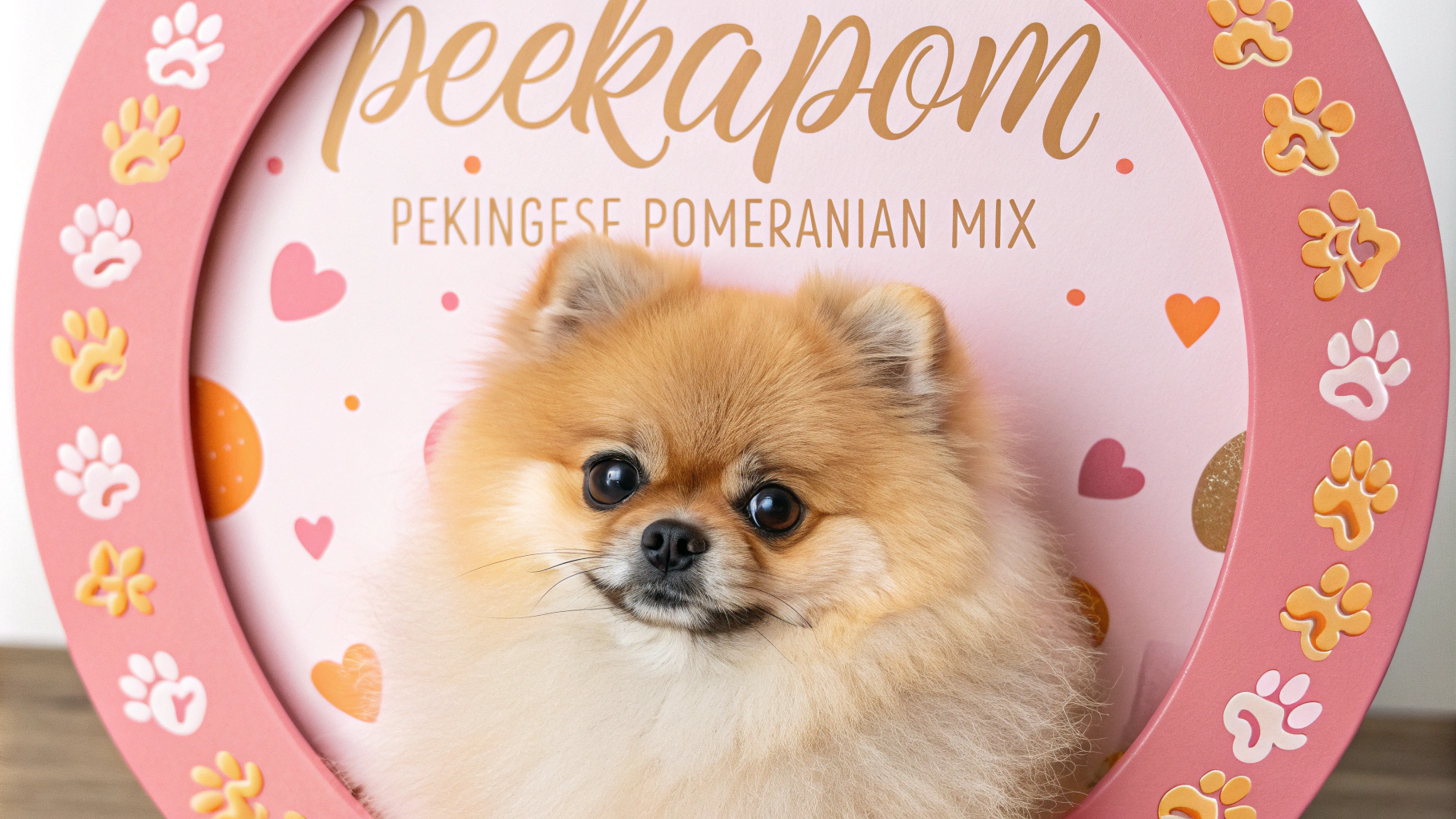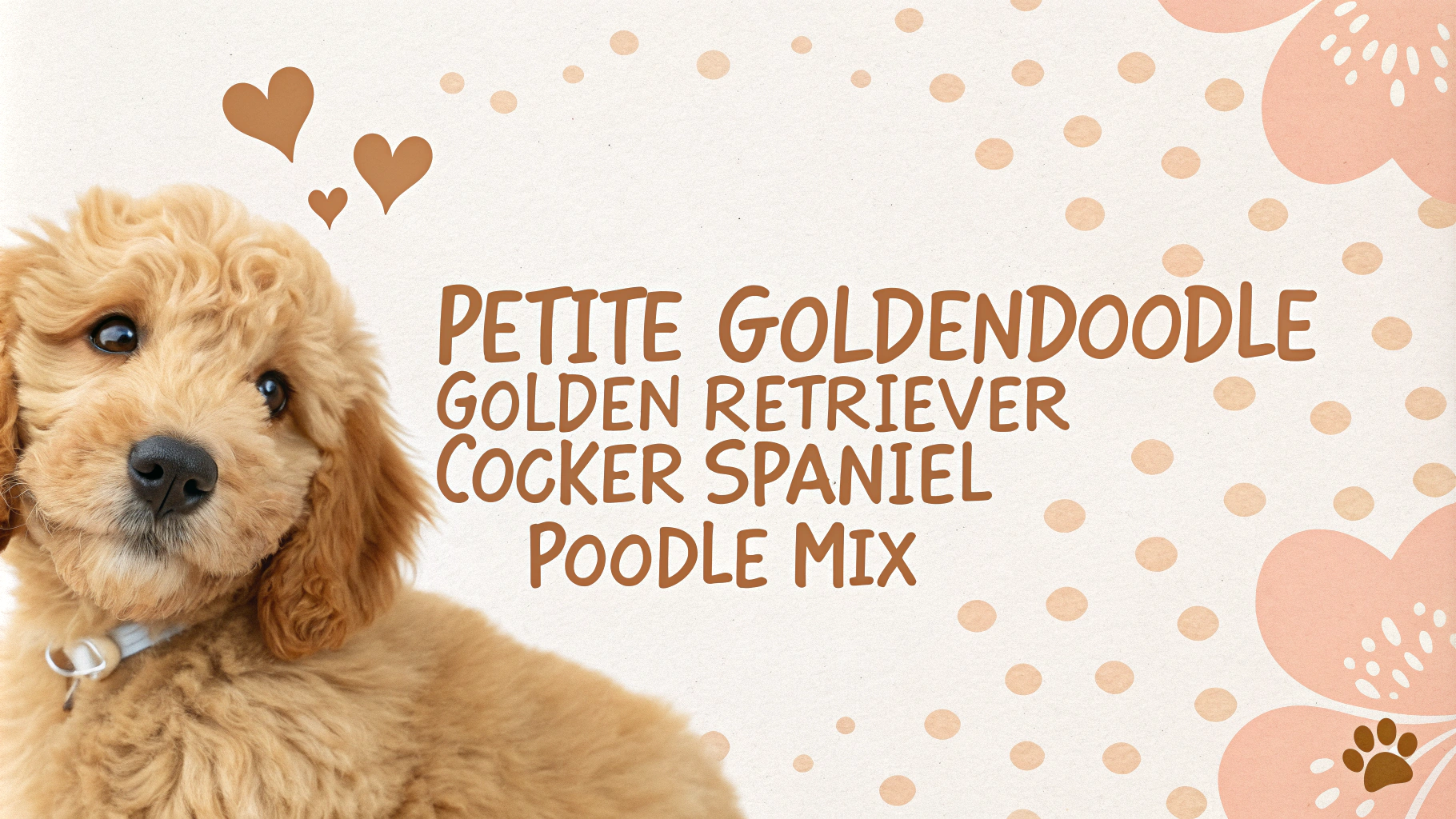The Pomchi is a delightful designer dog breed that combines the Pomeranian and Chihuahua. This small, energetic mix inherits traits from both parent breeds, resulting in a charming companion dog with a big personality. Pomchis are known for their loyalty, affectionate nature, and alertness, making them popular among apartment dwellers and those seeking a pint-sized pet with a lot of character.
Key Facts
- Size: Small, typically 6-10 inches tall
- Weight: 4-12 pounds
- Lifespan: 12-16 years
- Coat: Can vary from short to long, often fluffy
- Colors: Wide variety, including black, white, brown, cream, and combinations
- Temperament: Loyal, affectionate, alert, and sometimes stubborn
- Good with: Families, singles, seniors, apartment living
- Exercise needs: Moderate
- Grooming: Varies depending on coat type, can be low to high maintenance
Character Traits
Pomchis are known for their lively and spirited personalities. They often inherit the Pomeranian’s confident and outgoing nature, combined with the Chihuahua’s feisty and devoted temperament. These dogs are typically affectionate with their owners and can form strong bonds with their families. Despite their small size, Pomchis are often alert and make excellent watchdogs, quick to bark at unfamiliar sounds or visitors.
They can be somewhat stubborn, a trait inherited from both parent breeds, which can make training a bit challenging. However, with patience and consistency, they can learn quickly. Pomchis are generally good with children, but due to their small size, interactions should be supervised to prevent accidental injury. They may be wary of strangers and can be protective of their owners, a trait that contributes to their effectiveness as watchdogs.
These dogs often have a big-dog attitude in a small package, which can lead to “small dog syndrome” if not properly trained and socialized. They thrive on attention and companionship, making them ideal for owners who can spend a lot of time with them. Pomchis can be prone to barking, especially if bored or under-stimulated, so providing mental and physical exercise is important for maintaining good behavior.
History & Origins
The Pomchi is a relatively new designer dog breed, likely originating in the late 20th or early 21st century when mixed breed dogs became increasingly popular. While the exact origins of the Pomchi are not well-documented, we can look to the histories of its parent breeds to understand its background.
The Pomeranian, one of the Pomchi’s parent breeds, has a long history dating back to the 18th century. Originally bred as a larger sled dog in the Pomerania region (now parts of Poland and Germany), they were gradually bred down in size to become popular companion dogs. They gained significant popularity in England in the 19th century, thanks in part to Queen Victoria’s fondness for the breed.
The Chihuahua, the other parent breed, is one of the oldest dog breeds in the Americas. Originating in Mexico, these small dogs were revered by the ancient Toltec and Aztec civilizations. They were named after the Mexican state of Chihuahua, where they were discovered in the mid-19th century. Chihuahuas were recognized by the American Kennel Club in 1904 and have since become popular companion dogs worldwide.
The Pomchi combines these two distinct histories, creating a breed that embodies both European and American canine heritage. While not recognized as an official breed by major kennel clubs, Pomchis have gained popularity as companion dogs, particularly in urban environments where their small size is advantageous.
Health Concerns
Pomchis, like many small breed dogs, can be prone to certain health issues. Dental problems are common due to their small mouths, making regular dental care crucial. They may also be susceptible to patellar luxation, a condition where the kneecap dislocates easily. Tracheal collapse, more common in Chihuahuas, can affect Pomchis, causing respiratory issues. Hypoglycemia (low blood sugar) is a concern, especially in puppies and small adults. Regular veterinary check-ups are essential to monitor and prevent these potential health problems.
Exercise Needs
Despite their small size, Pomchis are energetic dogs that require regular exercise. A daily 20-30 minute walk combined with playtime is typically sufficient to meet their exercise needs. They enjoy interactive games and toys that stimulate both their body and mind. However, it’s important not to over-exercise them, as their small size can lead to fatigue quickly. Indoor activities like fetch or hide-and-seek can be great alternatives during inclement weather. Regular exercise helps prevent obesity and promotes overall health in Pomchis.
Space Requirements
Pomchis are well-suited for apartment living due to their small size. They don’t require a large living space or a yard, making them ideal for urban dwellers. However, they do need enough room to move around comfortably and play. A small apartment or house is sufficient, provided they receive adequate exercise and mental stimulation. Despite their adaptability to small spaces, Pomchis should not be confined to a crate for extended periods. They thrive on human companionship and prefer to be close to their owners, regardless of the living space size.
Nutrition & Feeding
Proper nutrition is crucial for maintaining the health of a Pomchi. They typically require high-quality, small-breed dog food that’s appropriate for their age, weight, and activity level. Due to their small size, Pomchis are prone to obesity, so portion control is essential. Generally, adult Pomchis should be fed 2-3 small meals per day to prevent hypoglycemia. Treats should be given sparingly and account for no more than 10% of their daily caloric intake. Always provide fresh water and consult with a veterinarian to determine the best feeding schedule and diet for your individual Pomchi’s needs.
Grooming Tips
Pomchis typically have a medium to long double coat that requires regular grooming to keep it healthy and free of tangles. Brushing should be done 2-3 times a week, or daily during shedding seasons, using a slicker brush or pin brush to remove loose fur and prevent matting. Pay special attention to areas prone to tangling, such as behind the ears, under the legs, and around the tail.
Regular baths every 4-6 weeks are recommended, using a gentle dog shampoo suitable for their coat type. Be sure to dry them thoroughly after bathing to prevent skin issues. Trim their nails every 2-3 weeks or as needed, and clean their ears weekly to prevent infections. Dental hygiene is crucial for Pomchis, as small breeds are prone to dental issues. Brush their teeth daily if possible, or at least 2-3 times a week, using dog-specific toothpaste.
During grooming sessions, check for any skin issues, lumps, or abnormalities. Professional grooming every 6-8 weeks can help maintain their coat and overall appearance, especially if you prefer a specific haircut style for your Pomchi.
Training Approach
Training a Pomchi requires patience, consistency, and positive reinforcement techniques. These intelligent but sometimes stubborn dogs respond best to reward-based training methods using treats, praise, and play. Start socialization and basic obedience training early to prevent small dog syndrome and ensure a well-behaved adult dog.
Keep training sessions short (5-10 minutes) and fun to maintain their interest. Focus on essential commands like sit, stay, come, and leash walking. Pomchis can be vocal, so teaching a “quiet” command is beneficial. House training may take longer compared to larger breeds, so be patient and consistent with a regular potty schedule.
Incorporate mental stimulation through puzzle toys and interactive games to keep their minds engaged. Address any signs of anxiety or fear early on with gentle exposure and positive experiences. Avoid harsh corrections or punishment, as Pomchis can be sensitive and may become fearful or defensive. Consistency among all family members is key to successful training. Consider enrolling in puppy classes or working with a professional dog trainer for personalized guidance and socialization opportunities.
